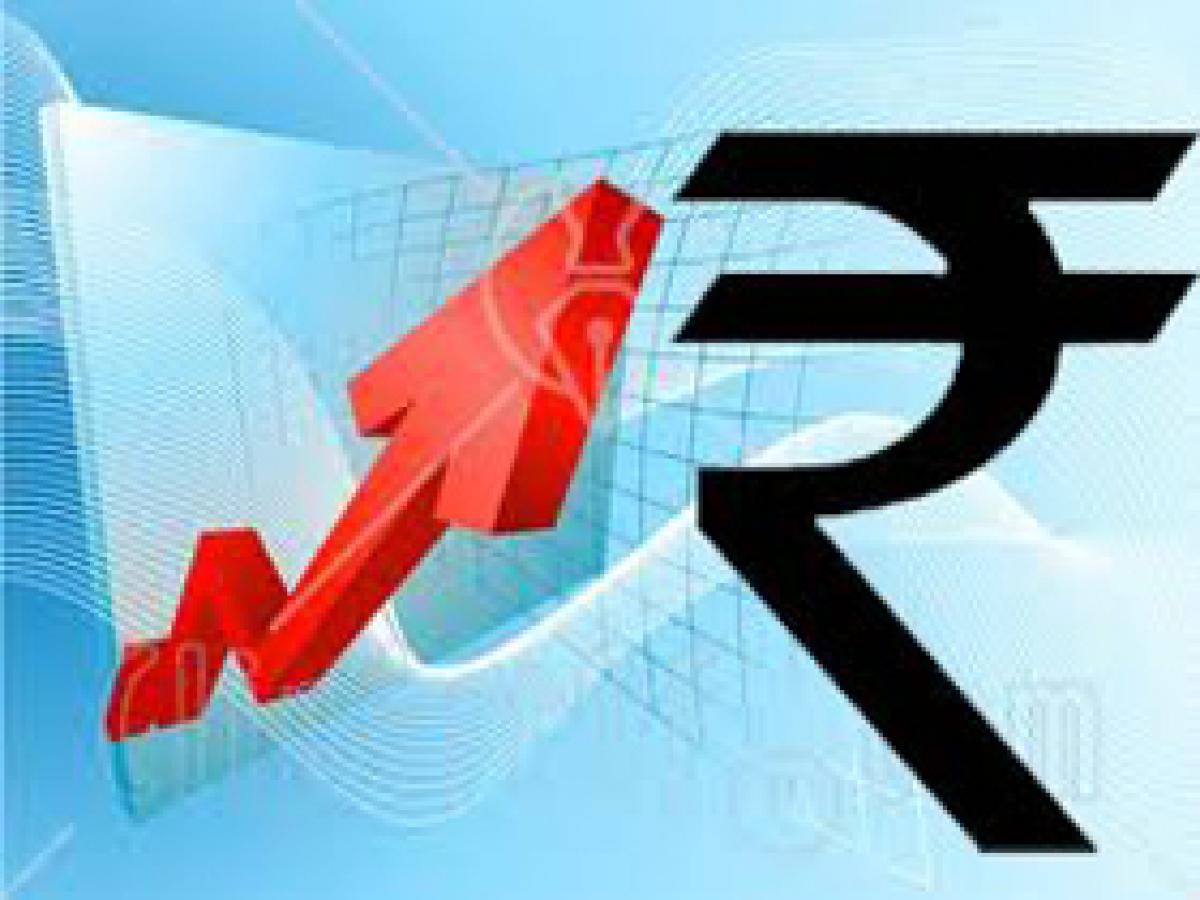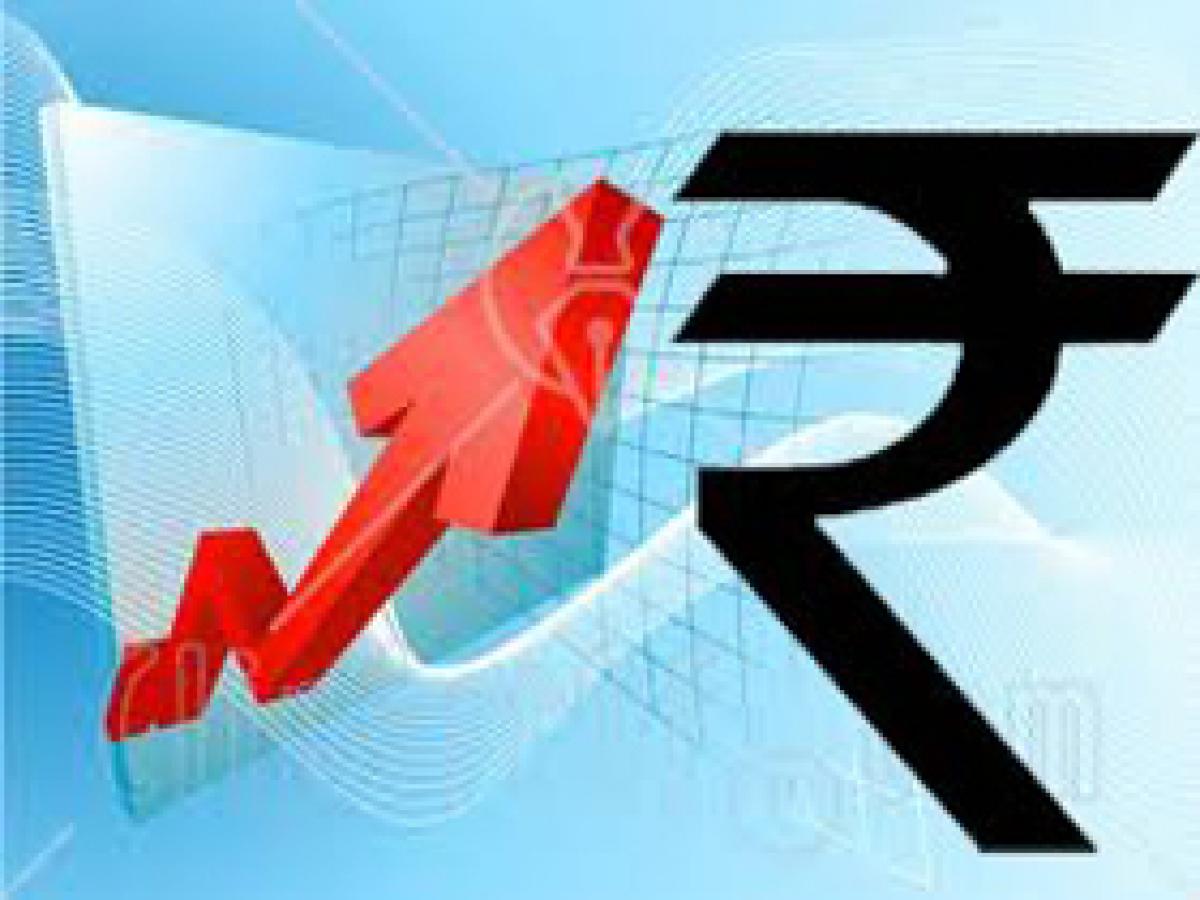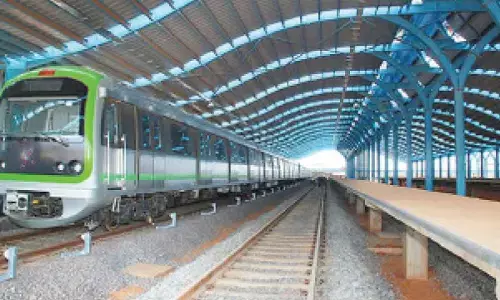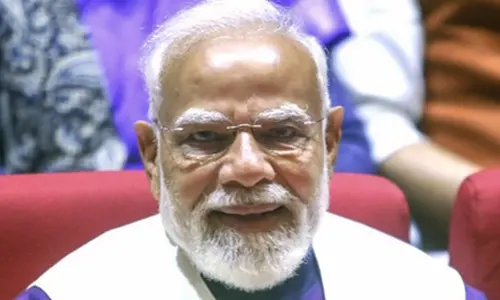Can Fed rate hike, China crisis benefit India?

Can Fed rate hike, China crisis benefit India. Investors across the globe want the US Fed to reconsider its timing for rate hike, or at least give enough time to China to reverse the economic slowdown.
 Converting crisis into opportunity
Converting crisis into opportunity
Investors across the globe want the US Fed to reconsider its timing for rate hike, or at least give enough time to China to reverse the economic slowdown. However, on the contrary, most of the central bankers feel the Fed should not delay its plan to hike rates, and say they are fully geared up to face it.
According to Agustin Carstens, a central banker in Mexico who spoke to Reuters, a rate hike would mean that the US economy is healthy and recovering. And it would be good news for those countries exporting to the US. In fact, the US interest rates have been stuck at rock bottom for the last six years.
However, a rate hike would mean pain for the emerging countries as they have to suffer capital outflows and even bring major changes in prices of goods. At a recent meeting at Jackson Hole, a group of central bankers expressed that the year-long effort of US Fed to improve the dollar value against a pack of currencies and initial tightening of monetary policy would logically end with rate hike. And they want it to happen without any delay.
Interestingly, the central banks from the emerging economies, however, prefer some more time to accept a US rate hike. In fact, the emerging markets always look for weaker currency as they cannot withstand vagaries of volatility. They prefer a weak dollar. The Chinese central bank and the IMF even urged the Fed to delay rate hike plan for now.
On the other hand, on August 11, the People's Bank of China surprised the world by devaluing yuan (Chinese currency) by cutting its daily reference rate by 1.9 per cent and cut it on two more occasions. All it would mean to India that cheaper yuan affects labour-intensive sectors, hits currency competitiveness and overcapacity in China may lead to dumping of its goods in India.
During 2014-15, the country's trade deficit amount to $60 billion, which accounts for 35 per cent of total trade deficit. In a way, it is an opportunity for India to become more competitive in terms of labour, taxes and port management. Interestingly, RBI Governor Raghuram Rajan, who participated in the conference at Jackson Hole, said: "It (rate hike) has to happen sometime. Everybody knows it has to happen, but pick your time."
His comments get support from Japan, South Korea and Indonesia central bankers, and they felt 'more certainty there it is, the better.” Although the growth momentum has improved in the last two years, India is still not in a position to support the world economy at this hour of crisis. But it can offer huge domestic market and low-cost workforce.
It received of late a few high investment announcements in the form of iPhone maker Foxconn’s $5 billion investment, Sony’s operations to export India-made television sets and GM’s $1 billion investment plan to expand its manufacture facility. But, whether all these prompt a positive growth is a question that needs to be answered. Without financial reforms in areas of land, labour, banking and taxes, economic growth is not possible.
In fact, Indian business houses are restless given the slow progress of reform push and recent backtracking of land reforms by the government. Analysts agree that the growth momentum is improved in the last two years, but the pace of it is slow. Fifteen months after Narendra Modi's spectacular win, dissatisfaction is slowly setting in as the government has totally failed to address the hurdles.
In the last Monsoon Session not even a single reform bill was passed, yet the country received 30 per cent higher FDI over the last year. No doubt, the economy is improving, thanks to the external factors like crash in oil price, cooling of inflation, easing of current account deficits etc. But bank NPAs are increasing, delaying full transmission of interest rate cuts to spur the low credit offtake. The India economy can register a positive growth, only if the government implements key structural reforms, which is crucial for a sustained pickup in the growth.
By K V V V Charya
















